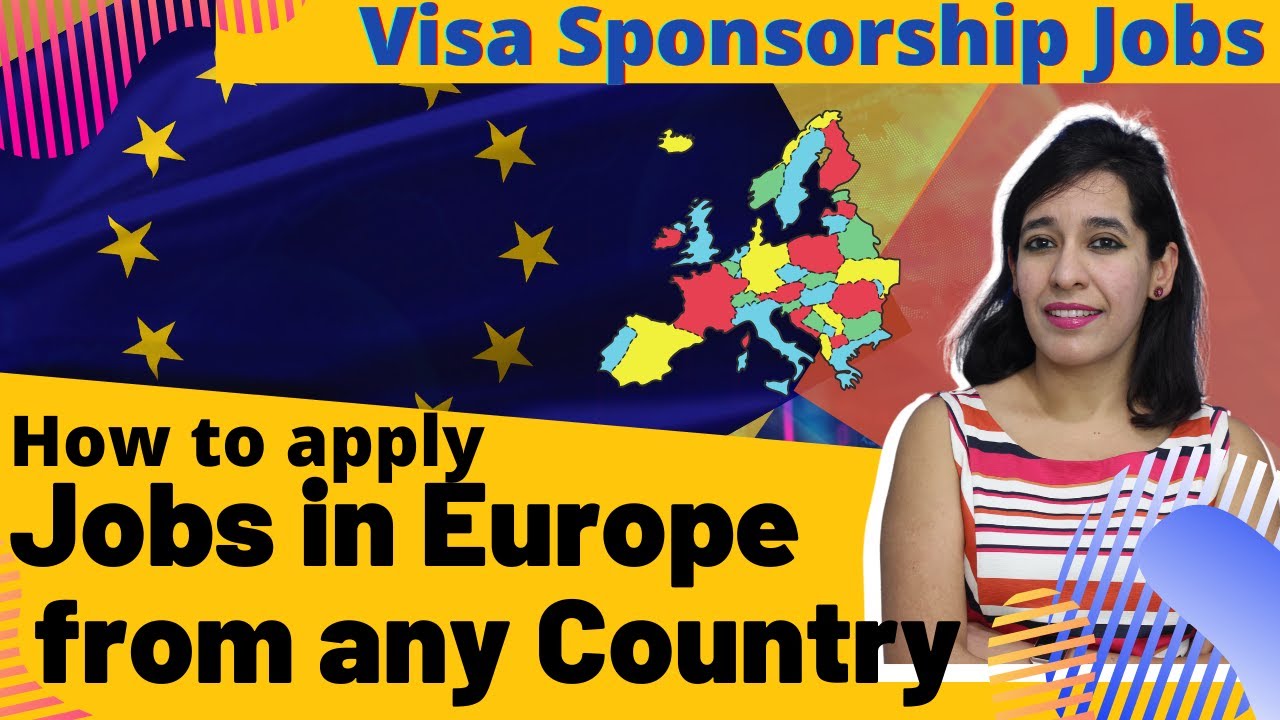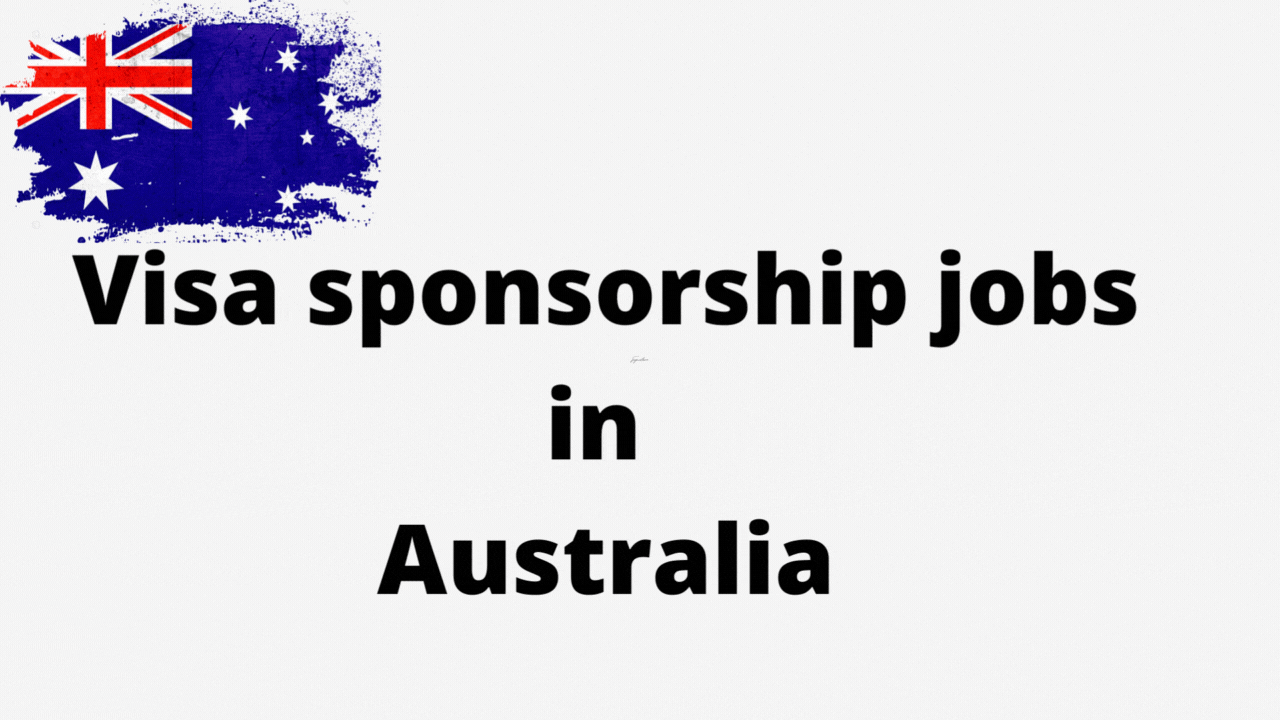Remote-friendly visas have exploded since 2020, and by 2025 dozens of countries now welcome non-resident remote workers, freelancers, and founders. Many applicants assume a university degree is mandatory. It isn’t—plenty of programs accept demonstrable experience and income instead of a degree. This guide curates those options, clarifies gray areas (like “degree OR experience”), and shows you how to qualify without formal education—legally and cleanly—using verifiable income, contracts, and insurance.
I’ll walk you through top “no-degree” friendly visas, realistic costs, timelines, and pro tips that help real applicants avoid refusals. Where exact thresholds or rules change, I cite fresh 2024–2025 sources.
Quick definition: In this article, “no degree required” includes programs that explicitly don’t mention degrees and programs that let you qualify either with a degree or with X years of professional experience.
At a glance: visas friendly to non-degree applicants
These programs either do not mention degrees at all or allow you to qualify with work experience instead.
-
Spain Digital Nomad Visa (Visado de Nómada Digital) — degree or ~3 years relevant experience; minimum income and remote work proof required. Ministerio de Asuntos ExterioresCitizen Remote
-
Portugal D8 (Remote Work) Visa — income threshold and remote work proof; no degree requirement in law. Citizen RemoteGlobal Citizen Solutions
-
Croatia Digital Nomad Residence (Temporary Stay) — income/savings, insurance; no degree requirement. mup.gov.hrRippling
-
Greece Digital Nomad Visa — income, insurance, clean record; no degree requirement.
-
Malta Nomad Residence Permit — income threshold (€42,000/yr), remote employer; no degree requirement. nomad.residencymalta.gov.mt+1
-
Brazil Digital Nomad Visa — income of $1,500/mo or $18,000 bank balance; no degree requirement.
-
Colombia Digital Nomad Visa — ~US$900–1,042/month income; no degree requirement.
-
UAE (Dubai) Virtual Work / Remote Work Visa — one-year renewable; no degree requirement (income + remote work proof).
-
Romania Digital Nomad Visa — ~€3,700/month income; no degree requirement. South Africa Remote Working Visa — income threshold (recent updates); no degree requirement.
Caution: Italy’s new digital nomad visa targets highly skilled workers; many consulates expect a degree or substantial experience (and sometimes both). Non-degree applicants can qualify, but the bar is higher, so it’s not in the “easiest without degrees” bucket. Consulate General of Italy in New YorkCondé Nast Traveler
Table 1 — Fast comparison (rules that matter if you don’t have a degree)
| Country | Visa name | Degree needed? | “Experience instead of degree”? | Min. income (single) | Length |
|---|---|---|---|---|---|
| Spain | Digital Nomad Visa | No (degree or 3 yrs exp.) | Yes | Consulates often seek ~€2,334–€2,647+/mo (varies; bring strong proof) | Up to 1 yr (extendable) Ministerio de Asuntos ExterioresCitizen Remote |
| Portugal | D8 (Remote Work) | No | n/a | €3,480/mo | 1 year (then 2-yr card) |
| Croatia | Temporary stay (Nomad) | No | n/a | €3,295/mo or savings | Up to 1 yr (not renewable consecutively in-country) mup.gov.hr |
| Greece | Digital Nomad Visa | No | n/a | €3,500/mo after tax | Visa up to 12 mo; residence possible |
| Malta | Nomad Residence Permit | No | n/a | €42,000/yr | 1 yr, renewable up to 4 yrs total |
| Brazil | Digital Nomad Visa | No | n/a | $1,500/mo or $18,000 savings | 1 yr + 1 yr renewal |
| Colombia | Digital Nomad (V) | No | n/a | $900–$1,042/mo (guidance varies) | Up to 2 yrs |
| UAE (Dubai) | Virtual/Remote Work | No | n/a | Income + insurance (program lists docs vs. fixed amount publicly; check operator) | 1 yr, renewable |
| Romania | Digital Nomad | No | n/a | ~€3,700/mo | 1 yr (extendable) |
| South Africa | Remote Working Visa | No | n/a | Recent guidance ranges ZAR 650,976–1,000,000/yr (check your mission’s line) | 1 yr, renewable |
Why ranges? Ministries, consulates, and partner agencies sometimes post slightly different figures or update mid-year; always print your consulate’s checklist for your appointment.
How to qualify without a degree: the playbook
1) Lead with verifiable income.
Most programs are income-first. Gather 12 months of bank statements, contracts (or employer letter), and payslips. If you freelance, get client letters stating remote nature, contract term, and pay cadence.
2) Package your experience like credentials.
For visas that accept experience in lieu of a degree (e.g., Spain), present a concise “experience dossier”:
-
A one-page career summary (roles, years, tech stack/tools).
-
Portfolio links or shipped work (GitHub, Behance, live projects).
-
Reference letters on company letterhead confirming remote capacity.
3) Reduce perceived risk for the consulate.
-
Bind health insurance certificates covering the entire stay.
-
Show accommodation (lease/booking) and a clean criminal record.
-
Provide tax returns where available.
4) Mind the tax angle early.
Several countries grant residence status with these permits; your worldwide income may become relevant. Confirm thresholds, double-tax treaties, and whether the visa’s “non-tax resident” option exists in practice (e.g., Malta and Portugal have different outcomes depending on stay length and registration).**
5) Don’t over-optimize the first move.
Many applicants pick a “starter visa” (Colombia, Brazil, Croatia) to build residency and paperwork credibility, then step up to a longer-horizon base (Portugal, Greece, Malta).
Country deep-dives (what matters if you have no degree)
Spain — Digital Nomad Visa (no degree required if you have 3+ years’ experience)
Spain’s law and consular pages explicitly allow a degree OR at least three years of experience in the relevant field. Income and remote employer longevity also matter (typically your employer should be operating for ≥1 year). Family can piggy-back with extra means.
Pros: Big cities + beach towns, strong community, family-friendly, access to Schengen.
Cons: Paperwork heavy; some consulates vary on income proof and processing.
Tip: Prepare a clean experience narrative (3+ years) with contracts and deliverables.
Portugal — D8 (Remote Work) Visa
The D8 focuses on income (currently €3,480/month gross) plus accommodation and clean record—there’s no statutory degree requirement. On arrival, you convert to a residence card, opening paths to permanent residence or citizenship.
Pros: Residency track, quality of life, stable policy.
Cons: Appointments can be scarce; NIF/bank account logistics.
Tip: Bring 12 months income history and a 12-month lease or landlord letter; it de-risks SEF/AIMA scrutiny.
Croatia — Temporary Stay for Digital Nomads
Croatia’s program is clear: income or savings proof, insurance, remote work. Current guidance shows €3,295/month for singles (or savings equivalent for a year). mup.gov.hrRippling
Pros: Lower living costs, spectacular coasts, straightforward docs.
Cons: Not a long-term residency track by itself.
Tip: If you can’t show monthly thresholds, savings (~€39,540) for a year is a solid alternative.
Greece — Digital Nomad Visa
No degree requirement; show €3,500/month after tax, insurance, accommodation, clean record. Visa up to 12 months, with residence options for longer stays.
Pros: Warm climate, affordable outside peak islands, generous family top-ups.
Cons: Bureaucracy can be slow; keep originals + apostilles ready.
Tip: “After-tax” income proof trips up applicants—show net pay clearly (bank credits + payslips).
Malta — Nomad Residence Permit
Strong, stable program: €42,000 gross/year, remote employer/clients outside Malta, insurance, clean record. No degree required. Valid 1 year, renewable; up to 4 total years. nomad.residencymalta.gov.mt+1
Pros: English-speaking, EU location, predictable unit.
Cons: Higher income threshold; small rental market.
Tip: Include 5 months of future income visibility (contracts or employment). Malta Citizenship & Residency
Brazil — Digital Nomad Visa
Friendly to freelancers and employees alike: $1,500/month or $18,000 savings, insurance, foreign employer/clients. 1-year visa, renewable. No degree required.
Pros: Lower costs, vibrant cities, generous stay.
Cons: Language barriers; consular variance.
Tip: If income fluctuates, the $18k savings route is clean and persuasive.
Colombia — Digital Nomad Visa
A practical starter visa with realistic income: guidance ranges from $900–$1,042/month depending on source/method. Allows up to 2 years. No degree required.
Pros: Low cost of living, hub cities (Medellín, Bogotá).
Cons: Bank statements and Spanish-language letters may be requested.
Tip: Prepare a Spanish cover letter explaining your remote work set-up and income.
UAE (Dubai) — Remote/Virtual Work Residence
The UAE’s nationwide page confirms the virtual work residence visa for foreigners employed outside the UAE; Dubai also publicizes a program. No degree requirement; expect to show income, insurance, and remote employment. One-year, renewable.
Pros: World-class infrastructure, flight hub, low personal tax.
Cons: Higher living costs; healthcare and schooling are private.
Tip: If applying inside the UAE, budget extra administrative fees (community reports cite add-ons).
Romania — Digital Nomad Visa
A high-income option but open to non-degree holders: around €3,700/month (or ~$3,800/month) in recent guidance, plus insurance and accommodation. One year, extendable.
Pros: EU base with low costs, solid internet.
Cons: High income threshold relative to CoL; documentation precision matters.
Tip: If you’re a founder, use dividends + salary (from a foreign company) to meet the minimum.
South Africa — Remote Working Visa
Launched with updates through 2025. Reports indicate ZAR 650,976–1,000,000/yr minimum (check your consulate’s checklist; thresholds differ). Renewable up to 36 months total. No degree required.
Pros: Time-zone friendly for Europe/Africa; vibrant tech scenes.
Cons: Income bar can be steep; private medical cover essential.
Tip: Bring bank statements + contract proving foreign employer/clients, and confirm the figure your specific mission enforces.
Table 2 — Typical fees & starter budgets (single applicant)
These are application/issuance fees and not full living costs. Always add biometrics, translations/apostilles, courier, and travel costs.
| Country | Gov/Program fee (approx.) | Insurance budget (annual) | Translation/Apostille buffer | First-month setup (deposit, SIM, transit) |
|---|---|---|---|---|
| Spain | €80–€120 (varies by mission) | €350–€800 | €150–€400 | €1,200–€2,000 |
| Portugal | €75–€90 visa; €170–€300 residence card | €350–€800 | €150–€400 | €1,200–€2,000 |
| Croatia | €60–€100 | €300–€700 | €100–€250 | €1,000–€1,800 |
| Greece | €75–€150 | €300–€700 | €150–€400 | €1,000–€1,800 |
| Malta | €300–€400 + card fees | €400–€900 | €150–€300 | €1,500–€2,500 |
| Brazil | US$100–$200 | US$300–$700 | US$100–$200 | US$800–$1,600 |
| Colombia | US$60–$120 | US$250–$600 | US$80–$200 | US$700–$1,400 |
| UAE (Dubai) | AED 1,000–1,500+ (varies by route) | AED 1,500–3,000 | AED 300–800 | AED 3,000–8,000 |
| Romania | €100–€200 | €250–€600 | €100–€300 | €800–€1,600 |
| South Africa | ZAR 1,550–2,500+ | ZAR 4,000–10,000 | ZAR 1,000–2,500 | ZAR 10,000–25,000 |
(Fee lines synthesized from consular/program pages and applicant reports; verify the current figure with your mission before you pay.)
Table 3 — Processing reality check
| Country | Stated/typical validity | Processing rhythm (typical) | Common snags |
|---|---|---|---|
| Spain | 1 year + extensions | 3–8 weeks post-appointment (varies) | Proving 3+ years of experience; employer age; apostilles. |
| Portugal | 4-month visa → 2-year card | Appointment lead times vary by city | Lease proof for 12 months; NIF/bank steps before card. |
| Croatia | Up to 12 months | 2–6 weeks | Insurance wording; savings vs. income calculation. mup.gov.hr |
| Greece | Up to 12 months → residence option | 2–8 weeks | Demonstrating net (after-tax) income; translations. |
| Malta | 1 year, renewable | 30–60 days | Verifying remote employer and €42k threshold. |
| Brazil | 1 year + renewal | 2–8 weeks | Choosing income vs. savings track; consular slots. |
| Colombia | Up to 2 years | 2–6 weeks | Spanish letters; insurance with repatriation. |
| UAE (Dubai) | 1 year, renewable | Often days to weeks | Inside-country applications add fees/steps. |
| Romania | 1 year, extendable | 4–8 weeks | High income threshold proof. |
| South Africa | 1 year, renewable | 4–10+ weeks | Divergent income figures by guidance. |
Expert tips that move the needle
-
Over-document the “remote” nature.
Add employer letters confirming fully remote, outside-country payroll, your role, salary, and contract length. -
If you freelance, stack proof.
Signed service agreements, Stripe/PayPal payout reports, invoices, and client references reduce questions. -
Create a single “evidence binder.”
A tabbed PDF (or printed file) with: ID & civil docs → employment & income → insurance → accommodation → criminal record → translations. This cuts appointment time and back-and-forth emails. -
Don’t rely on websites alone—print your consulate’s checklist.
Official pages sometimes lag. Always use the specific consulate where you’ll apply; if an operator (e.g., outsourcing partner) handles file intake, use their checklist. -
Income variability? Use rolling averages + savings.
For fluctuating freelancer income, present 12-month averages and supporting savings (Brazil even codifies a savings alternative). -
Insurance must name the destination and cover the full period.
Policies that lack repatriation or country coverage are a leading cause of delays (e.g., Colombia). Mind “after-tax” definitions.
Greece’s threshold is after tax, so your documents must clearly reflect net income. -
Keep a clean digital footprint.
Mismatched job titles and dates across LinkedIn, CV, and contracts trigger extra questions. -
If you lack a degree, amplify experience.
For Spain’s “3+ years” route, add letters from past employers and project summaries with dates and outcomes. -
Have a Plan B country.
Appointment shortage or moving goalposts? Shortlist a second jurisdiction (e.g., Colombia or Brazil) with friendlier slots and quick approvals.
Realistic applicant profiles (examples)
-
Grace (Content Strategist, no degree, 5 years’ experience).
Targets Spain using the 3-year experience pathway. Provides employer letter, 24 months payslips, work portfolio. Approved; moves to Valencia. -
Tunde (Frontend freelancer, income fluctuates).
Chooses Brazil using savings (US$18,000) + client contracts to offset inconsistent monthly income. 1-year visa issued; renews after expanding client base. -
Maya (Product marketer with stable USD salary).
Applies for Portugal D8 with €3,480+/mo income, 12-month lease, and health insurance. Gets a 2-year residence card post-arrival.
What about “gray-zone” visas?
-
Italy Digital Nomad Visa — viable if you’re highly skilled; many consulates want a degree or strong professional proofs (and sometimes both). If you’re non-degree, prepare a very robust file; otherwise pick a friendlier first stop. Consulate General of Italy in New YorkCondé Nast Traveler
Frequently Asked Questions (10)
-
Do any remote work visas require a degree?
Some (like Italy) lean toward highly skilled criteria that often include degrees—yet they may accept extensive experience. -
Always read your consulate’s list. Which visas are the most straightforward without a degree?
Portugal D8, Croatia, Greece, Malta, Brazil, Colombia, and UAE are typically degree-agnostic and income-driven. -
What income level should I target to be safe?
Aim to exceed the published minimum by 20–30% with 12 months of history. Programs like Portugal (€3,480/mo), Malta (€42k/yr), Croatia (€3,295/mo), and Greece (€3,500/mo net) publish clear benchmarks. -
Can freelancers qualify or is it only for employees?
Freelancers qualify almost everywhere listed if income is remote and foreign-sourced. Client letters matter. (Portugal, Malta, Brazil, Colombia, etc.) -
Will I pay taxes locally on these visas?
“Nomad” visas sometimes do not grant tax residence automatically, but longer stays or residence cards can. Speak to a cross-border tax advisor—Portugal and Malta, for instance, can trigger residency depending on days and registration steps. (General guidance; confirm locally.) -
Is health insurance mandatory?
Yes, virtually everywhere. Expect full-period coverage; some require repatriation (e.g., Colombia). -
How do I prove experience if I don’t have a degree?
Use employment contracts, letters on letterhead, portfolio, tax returns, and bank credits. Spain’s 3-year clause is the clearest example of experience substituting a degree. -
Can I bring my family?
Often yes (Spain, Greece, Malta, Croatia, Portugal). Income thresholds increase per dependent; check the exact uplift. -
How fast are approvals?
Anywhere from days to a couple of months depending on country and appointment backlog. Dubai is relatively quick; some EU missions take longer. -
What if my consulate lists a different income than blogs?
Follow your consulate. Government and mission pages override third-party blogs; policies evolve mid-year (e.g., South Africa’s thresholds and Malta’s income change).
Action plan if you’re applying this quarter
-
Pick two target countries (primary + backup).
-
Download the consulate checklist for your jurisdiction and highlight the evidence items. (Don’t rely on generic blogs.)
-
Assemble a 12-month proof pack: contracts, payslips, bank statements, tax return.
-
Lock health insurance that explicitly names destination + full duration.
-
Secure accommodation evidence (least painful: cancellable long stay with letter).
-
Translate/apostille early—backlogs can be longer than the visa itself.
-
Book your appointment and carry document originals, copies, and a USB with PDFs.
Final word
Having no degree is not a blocker in 2025 for many remote work visas. If you can prove stable remote income, insurance, clean record, and—in Spain’s case—professional experience, you’re in play. Choose a program aligned with your timeline and income, and submit a clean, over-documented file. That’s how applicants without degrees are winning approvals today.










